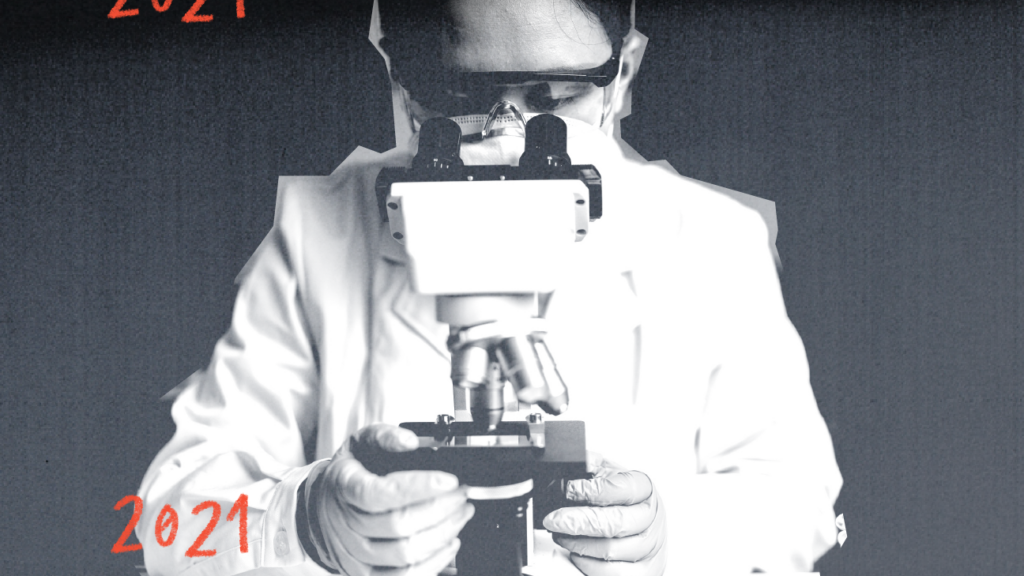New SARS-CoV-2 variants: How do vaccines be adapted?
16 March, 2021

As the SARS-CoV-2 virus continues to evolve, we check out what vaccine designers are doing to make sure their vaccines do the job against emerging variants and whether we are in need of specifically adapted vaccines.
To day, 12 COVID-19 vaccines have obtained authorization for use found in at least one region, and many more vaccine prospects are undergoing scientific trials to check their security and efficacy.
Yet, like various other viruses, SARS-CoV-2, the coronavirus that causes COVID-19, in a natural way undergoes mutations in time. These mutations can be negligible or have an impact on how infectious or more likely to cause severe disease a virus is normally.
With this thought, even though the global vaccine rollout is currently underway, scientists and the public alike have raised a key concern: How will available vaccines and vaccine candidates endure against emerging SARS-CoV-2 variants?
Do vaccines do the job against variants?
The answer to this question is based on the definition of the word “work.” When vaccine creators set out the circumstances of their medical trials, they work closely with regulatory authorities, like the Food and Medicine Administration (FDA), to make sure they remedy the most crucial questions.
For some experimental COVID-19 vaccines, the principal endpoints, or the key questions a clinical trial asks, were preventing COVID-19. This intended that the designers would assess any case of COVID-19, including mild and moderate circumstances, when they had been calculating how well their vaccine applicant performed.
In the case of the Pfizer-BioNTech vaccine, that was the first to receive crisis use authorization from the FDA, eight people who had received the vaccine and 162 persons who had received the placebo developed COVID-19. This compatible a vaccine efficacy of 95%.
There were no deaths in frequently group in the clinical trial that the researchers could attribute to COVID-19 by the time the info became publicly obtainable in theNew England Journal of Medicineon December 31, 2020.
According to a recently available study, real-world info from Israel suggest that vaccine is impressive in preventing COVID-19, including serious disease.
The authors of this paper could not give a specific breakdown of how well the vaccine works at preventing COVID-19 in anyone who has the B.1.1.7 SARS-CoV-2 variant. Even so, they advise that the vaccine is effective against the variant based on their overall data.
B.1.1.7 - a SARS-CoV-2 variant first discovered in britain - is among a small number of emerging variants that have given rise for some concerns. Different variants which may have caused some worry are B.1.351, primary identified in South Africa, and P.1, which seems to originate in Brazil.
These variants are leading to concern because they seem to be more transmissible than previous variants, and there is also some conjecture that a number of them might bring about more serious cases of COVID-19.
Given these concerns, two key questions have arisen: Might existing COVID-19 vaccines be able to match these emerging variants? And, how might vaccine producers modify their individuals to react to new variants?
Source: www.medicalnewstoday.com
